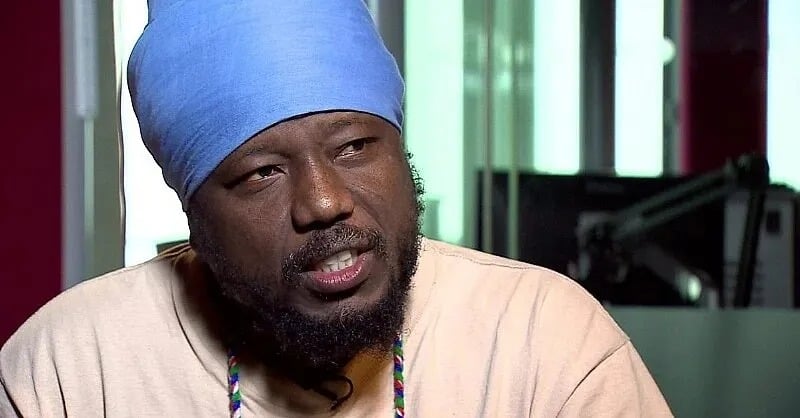Blakk Rasta, a prominent figure in Ghanaian music and media, has launched a critique of the excessive power and reverence surrounding African presidencies. He argues that many African leaders are treated as demigods, enjoying a status that often surpasses even religious figures. This immense power, he contends, is disproportionately concentrated in the hands of the executive, creating an imbalance that hinders democratic processes and accountability. Rasta’s commentary highlights a pervasive issue across the African continent, where the cult of personality surrounding leaders often eclipses the needs and concerns of the citizens they are meant to serve. This elevated status, he suggests, fuels a culture of impunity, allowing leaders to operate without adequate checks and balances. Rasta’s concerns resonate with broader discussions about the importance of robust democratic institutions and the need to limit executive power to prevent potential abuses and ensure greater accountability.
Central to Rasta’s argument is the need for a fundamental shift in the power dynamics within African governance. He supports former President John Mahama’s proposal to curb presidential influence and abolish ex-gratia payments for government officials, viewing it as a crucial step towards greater fiscal responsibility and a more equitable distribution of resources. Ex-gratia payments, often substantial sums given to officials upon leaving office, have been a contentious issue in Ghana, seen by many as an unnecessary drain on public finances. Rasta’s endorsement of Mahama’s stance reflects a growing public sentiment against these payments, which are perceived as a form of self-enrichment at the expense of the taxpayer. By advocating for the abolition of these payments, Rasta aligns himself with those calling for greater transparency and accountability in government spending.
While expressing support for Mahama’s proposed reforms, Rasta also issues a cautionary note, emphasizing that concrete action must follow political promises. He underscores the importance of a demonstrable commitment to change, suggesting that mere rhetoric is insufficient to address the deep-seated issues plaguing Ghana’s governance. This call for action reflects a wider skepticism towards political pronouncements, particularly in the context of election campaigns where promises are often made but not kept. Rasta’s insistence on tangible results underscores the need for a genuine shift in governance, moving beyond symbolic gestures to substantive reforms that impact the lives of ordinary citizens.
Rasta’s criticisms extend beyond the realm of political power and delve into the failures of specific government initiatives, particularly the “Year of Roads” program. Drawing on his personal experience travelling across the country, he portrays a starkly different reality from the government’s narrative of improved infrastructure. He describes dilapidated roads, pervasive potholes, and abandoned vehicles, painting a picture of neglect and broken promises. This firsthand account serves as a powerful counterpoint to official pronouncements, highlighting the disconnect between government rhetoric and the lived experiences of citizens, particularly those in rural areas.
Rasta’s depiction of the state of Ghana’s roads goes beyond mere infrastructure critique; it becomes a metaphor for the broader failings of governance. The neglected roads, he suggests, symbolize the government’s disregard for the needs of its people, particularly those living outside urban centers. His account highlights the disparities in development between urban and rural areas, underscoring the need for a more equitable distribution of resources and attention. By focusing on the tangible realities of broken infrastructure, Rasta brings into sharp focus the consequences of failed government policies and the impact on the daily lives of citizens.
Furthermore, Rasta’s description of villages like Chich, where cemeteries are more prevalent than basic amenities like pipe-borne water, paints a grim picture of rural underdevelopment. This stark imagery underscores the government’s failure to provide essential services to its citizens, highlighting the deep inequalities that persist within Ghanaian society. The juxtaposition of cemeteries and the lack of basic amenities serves as a powerful indictment of the government’s priorities, suggesting a misplaced focus on symbolic projects while neglecting the fundamental needs of the population. Rasta’s commentary serves as a call for greater attention to the plight of marginalized communities and a re-evaluation of government priorities to ensure equitable access to essential services for all citizens. His critique resonates with broader concerns about social justice and the need for inclusive development that addresses the needs of all segments of society, not just those in urban centers.














